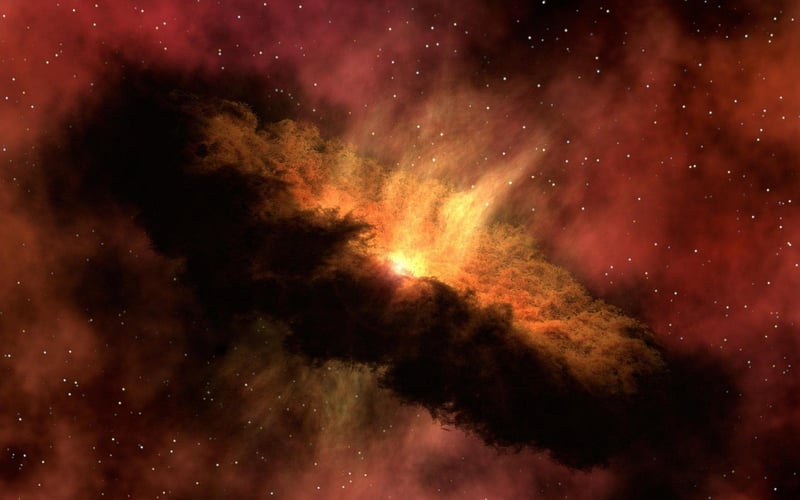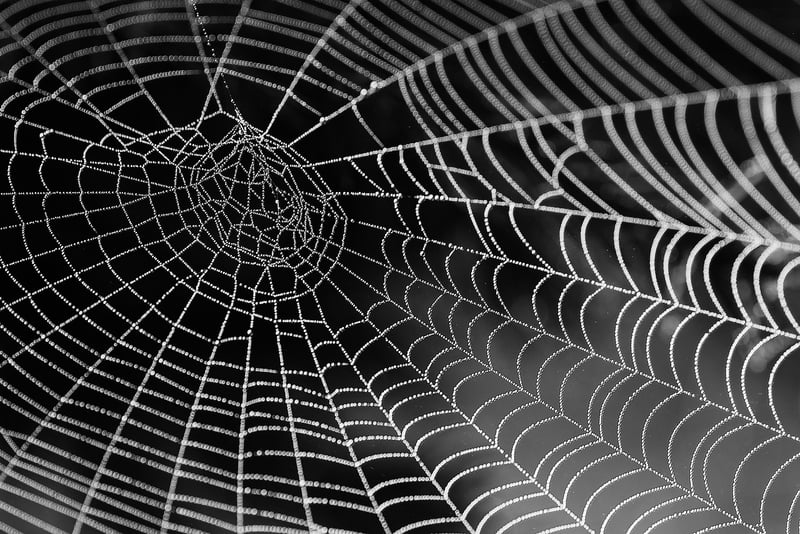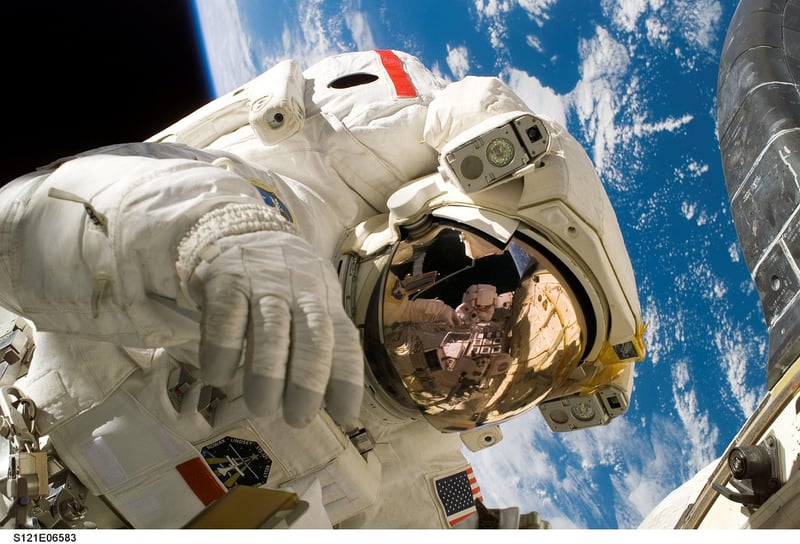Future Exploration
Explore Diverse Timelines and Future Exploration
Introduction
Welcome to an exciting journey through diverse timelines and future exploration. In this article, we will delve into different perspectives and possibilities that shape our understanding of time and space.
Diverse Timelines
Time is a complex concept that humans have tried to understand and measure for centuries. From ancient sundials to modern atomic clocks, our perception of time has evolved. Different cultures and civilizations have had unique ways of marking time, leading to diverse timelines across history.
Ancient Calendars
Ancient civilizations such as the Egyptians, Mayans, and Babylonians developed sophisticated calendars to track time based on astronomical observations. These calendars were crucial for agricultural cycles, religious festivals, and societal organization.
Medieval Timekeeping
During the Middle Ages, mechanical clocks emerged in European monasteries, revolutionizing timekeeping. The invention of the pendulum clock by Galileo Galilei in the 17th century further refined our ability to measure time accurately.
Global Time Zones
The establishment of global time zones in the 19th century standardized time measurement worldwide. This development was essential for coordinating international travel, trade, and communication across different regions.
Future Exploration
As we look ahead, the future of exploration holds endless possibilities. From space travel to deep-sea expeditions, humanity continues to push the boundaries of knowledge and discovery.
Space Exploration
Advancements in technology have enabled incredible achievements in space exploration. From landing on the moon to sending rovers to Mars, humans have ventured into the vast expanse of the cosmos, unraveling mysteries of the universe.
Emerging Technologies
Emerging technologies such as artificial intelligence, virtual reality, and biotechnology are shaping the future of exploration. These innovations hold the potential to revolutionize how we study and interact with the world around us.
Sustainable Exploration
As we explore new frontiers, it is crucial to prioritize sustainability and environmental stewardship. Sustainable exploration practices ensure that future generations can continue to discover and learn from the world we inhabit.
Conclusion
Exploring diverse timelines and future possibilities allows us to appreciate the rich tapestry of human history and the endless potential for discovery. By embracing curiosity and innovation, we can continue to explore new horizons and shape the course of our collective journey through time and space.



